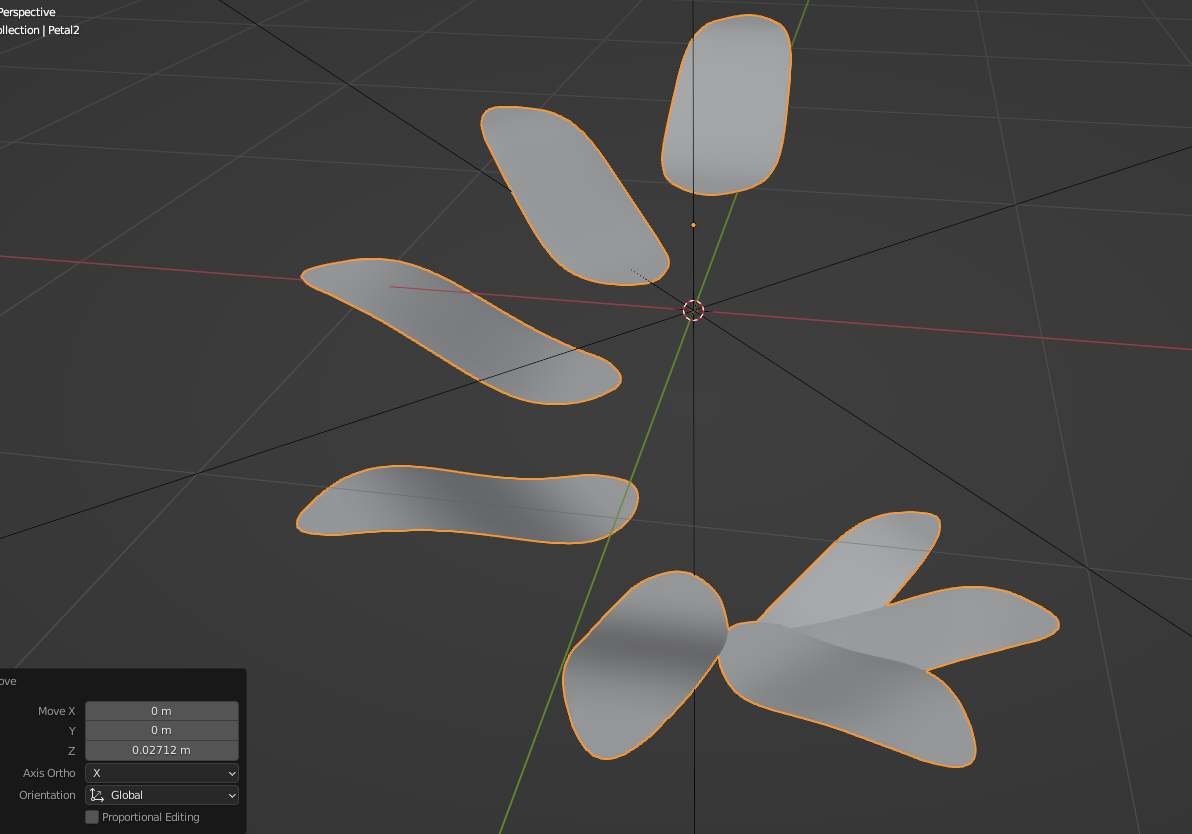Can anybody please tell me how to move the array object as a single object. I have a radial array that is rotated using an empty. When I try to move the object it moves the array objects independently around the origin. If I apply them modifier then it is fine, but then I limit future editing. Any ideas as to what I am doing incorrectly. Thank you.
-
1$\begingroup$ Just parent all to an empty…or another object $\endgroup$– ChrisCommented Feb 14, 2022 at 12:29
-
$\begingroup$ Hi Chris. Thanks I tried this and it still moves separately? It seems to be reacting to the empty's origin. $\endgroup$– Sebastian van GreunenCommented Feb 14, 2022 at 12:52
-
1$\begingroup$ or parent the empty to the object? $\endgroup$– moonbootsCommented Feb 14, 2022 at 12:53
-
$\begingroup$ ok, pls provide blend file.... $\endgroup$– ChrisCommented Feb 14, 2022 at 12:57
-
1$\begingroup$ you need to parent "Empty Array Point" as well $\endgroup$– moonbootsCommented Feb 14, 2022 at 13:17
2 Answers
how to parent all to one empty:
Select your object (which has the array modifier), shift select your empty which is used by the array modifier, and at last shift select your new created empty.
Then press CTRL-P -> Object
If you move that object, all moves perfectly.
result for your file:
your file with new empty:
-
3$\begingroup$ Or you just parent the empty used for the Array modifier to the object that has the modifier. Then it all works perfectly as well, no need for a second empty. $\endgroup$ Commented Feb 14, 2022 at 13:43
-
$\begingroup$ ...or a third in this case, although the first one is irrelevant for the Array setup. $\endgroup$ Commented Feb 14, 2022 at 13:49
-
$\begingroup$ The only thing that is fixed is the Z axis rotation on the "Empty Array Point". If you unlock the axis it works fine. And if you want to change the arrayed object, well than you have to put a new modifier on a different object anyway. $\endgroup$ Commented Feb 14, 2022 at 14:13
-
$\begingroup$ Just see my answer. I think this is how the petal array should work - at least that's how I would try creating a circular array of petals. Sorry if I'm doing it wrong. $\endgroup$ Commented Feb 14, 2022 at 14:52
-
1$\begingroup$ Well, can happen. I only wish you would stop saying "try it out yourself" or "I wonder who upvoted your wrong comment?" before you try to comprehend and try it out yourself. And deleting your comments so that nobody sees you're doing that is just cowardly. $\endgroup$ Commented Feb 14, 2022 at 15:07
You can do it even simpler. First of all, delete the small spherical empty where "Petal2" is parented to. Then select the "Empty Array Point", hold Shift and select "Petal2" as well, then press Ctrl+P > Set Parent to > Object.
Now that you've parented the empty used for the Array modifier to the petal object, you can select the petal object and move it around or rotate it without destroying the array. Since the empty is parented to it, the 45° angle which is used for the array is calculated relative to the parent object.
Now if you want to change the angle of the empty, maybe to increase the number of petals, select the empty, unlock the Z axis, then rotate the empty on the local Z axis by pressing R Z Z. Now you can for example decrease the angle of the empty, making space for more petals so you can increase the Count in the Array modifier. Or instead of using hotkeys you can change the Z rotation by entering the value in the side panel, those values are local space already.
-
1$\begingroup$ In my opinion, this is the better solution. The other answer requires you to create an extra empty just for moving the arrayed object, whereas this answer enables you to select and move the arrayed object itself, just as you would with any other non-arrayed object. $\endgroup$ Commented Feb 14, 2022 at 21:59
-
$\begingroup$ @SylvesterKruin Yes, that was my intention. But as long as Sebastian is happy with an answer everything's fine. Maybe someone else will find my solution helpful. $\endgroup$ Commented Feb 15, 2022 at 10:22








